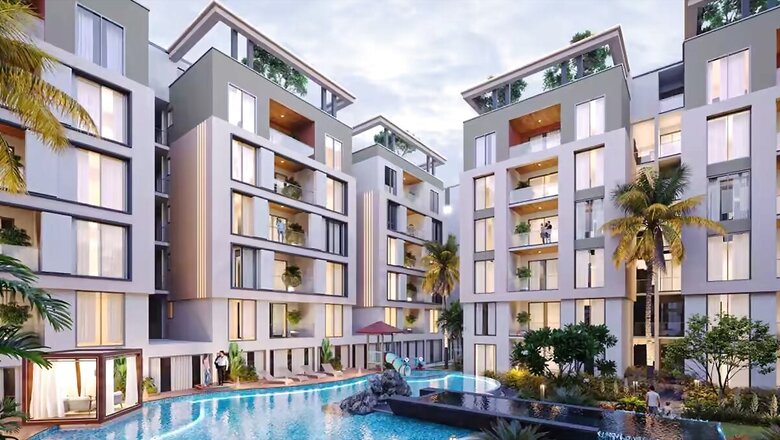
views
The Indian real estate industry has experienced significant growth in recent quarters. With Budget 2024 on the horizon, there is a sense of optimism and anticipation for possible reforms. Through the implementation of favorable policies and effective resource allocation, the government has the potential to strengthen the sector’s progress and stimulate economic growth.
As we anticipate the budget announcements, there are several crucial prerequisites that we are eager to see fulfilled. If these requirements are met, they will significantly contribute to and influence the direction of the entire industry soon.
Anticipations range from reductions in GST rates to enhanced reductions in home loan interest rates, streamlined single-window clearance systems, a decrease in property prices, and the promotion of off-center locations. One key expectation from the budget is the grant of industry status. Since the sector is a major driver of economic growth, conferring an industry status will help it attract higher investments and streamline regulatory processes.
GST rate reductions
Implementing a regulation on GST input tax credit will effectively lower property prices, ultimately promoting transparency in the entire process. This is critical for companies helping the sector pave the way for a new era as it contributes to the growth of the sector, benefiting homebuyers and revitalizing the economy.
Also, a potential reduction in GST rates and certain initiatives targeted at stabilising material costs could significantly benefit both – homebuyers and developers. If these strategic interventions come into effect, a vibrant real estate landscape can be envisioned. This will not only meet the ambitions of homebuyers but also contribute to a nationwide economic revival.
Raising the home loan interest rebate under Section 24 to Rs 2 lakh to Rs. 5 lakh may give demand a shot-in-the-arm. An increase in home budget allocation for urban infrastructure and lowered stamp duty rates; additionally waiver for first-time homebuyers can help stimulate growth.
Incentives to boost affordable housing
Re-launch of CLSS scheme
An expansion of affordable housing to include residential properties to up to 65 lakhs to 75 lakhs with substantially bigger carpet areas followed by re-launching of the credit-linked subsidy schemes (CLSS) will add value to home buyers. Other aspects include continued investments in housing and urban development, infrastructure that is crucial for continued growth, improved living standards, and more job creation.
Enhanced tax benefits on home loans
Apart from interest rate rebates, there is a growing demand to increase the principal repayment deduction under Section 80C from the current Rs 1.5 lakh to Rs 2.5 lakh. This change would provide substantial relief to homebuyers, making home loans reasonable. It would also stimulate investment in the real estate sector, encouraging more people to buy homes. This potential rise in deductions would not only ease the financial burden on individual homebuyers but also contribute to the housing market’s growth.
Another key expectation is for the government to release certain land holdings at lower costs, particularly for affordable housing projects. This would help reduce overall real estate prices and make housing not just affordable but also accessible for all.
Increased focus on sustainability
We expect the implementation of various incentives in the affordable housing sector to promote sustainable and environmentally friendly residential projects. These incentives may include subsidies, tax benefits, and favorable loan terms for buyers and developers who prioritize green construction methods.
The validation behind this anticipation is twofold
First, it addresses the pressing need for environmental sustainability by reducing carbon footprint and consumption of resources related to real estate development. Second, it provides accessible housing choices that are affordable as well as energy-efficient, eventually contributing to not only long-term savings but also an improved quality of living. By promoting green housing projects, we can align ourselves with larger environmental goals, at the same time supporting the need for affordable housing solutions.
Higher spending on technological advancements
An additional boost in the digital infrastructure is also anticipated and we expect the government to allocate funds towards enhancing it. This includes better internet connectivity and digital banking facilities in rural and semi-urban areas. The budget is expected to prepare a framework that guards patrons and ensures fair practices among digital lenders, thereby fostering trust and trustworthiness in digital transactions.
On a final note, it can be said if such policies are put into effect, the real estate sector will be propelled towards its continuous path of growth.
Written By – Atul Monga – CEO & Co-founder, BASIC HOME LOAN



















Comments
0 comment